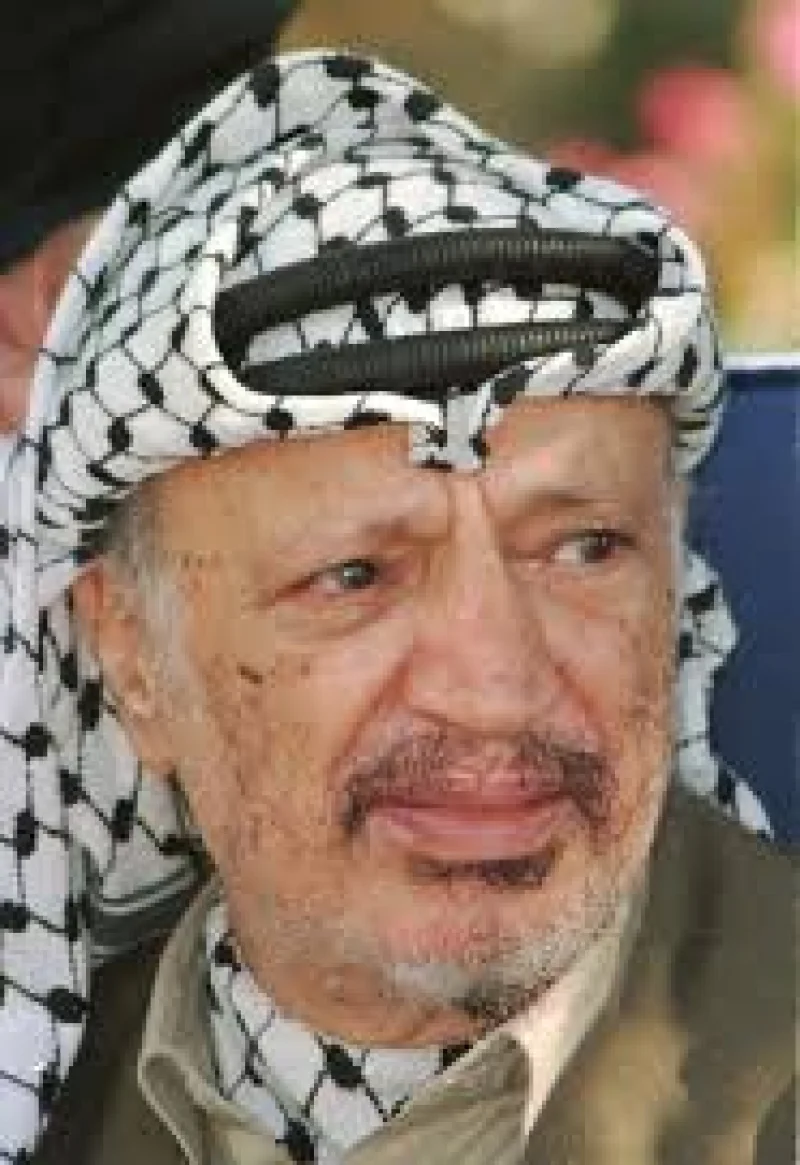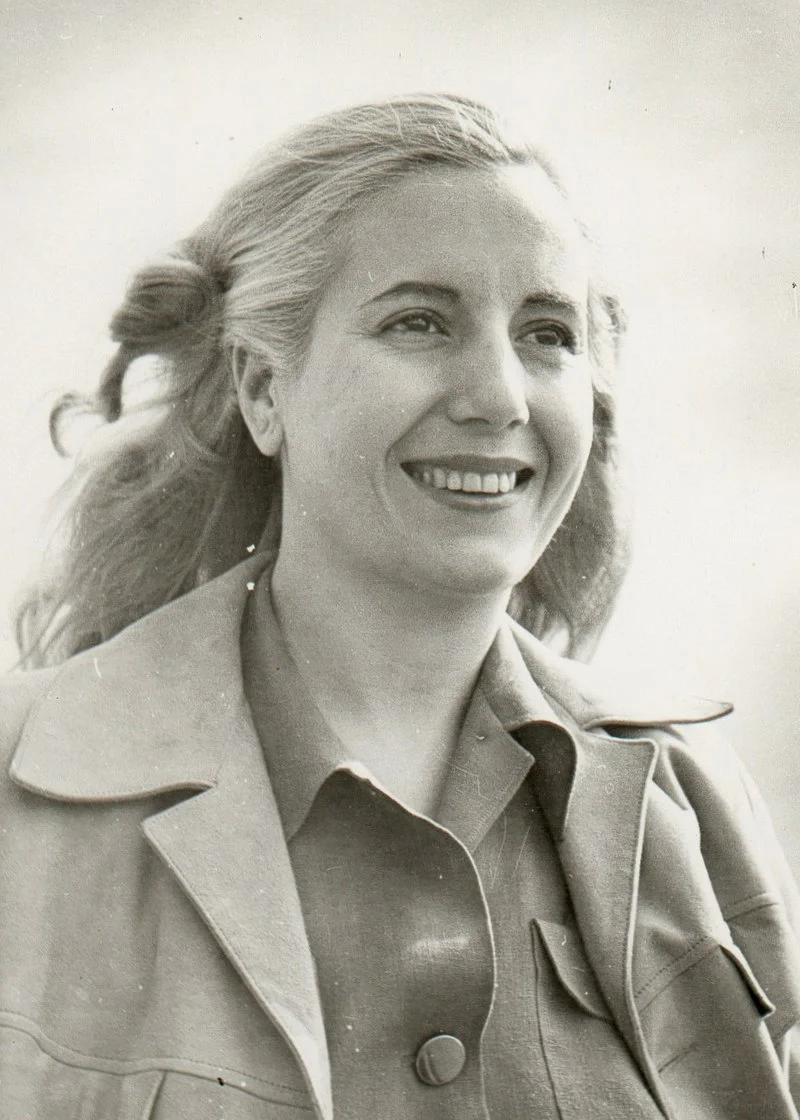Short Summary
Yasser Arafat was a prominent Palestinian political leader and a key figure in the quest for peace in the Middle East. He co-founded the Fatah political party and led the Palestine Liberation Organization (PLO) for several decades. Arafat was awarded the Nobel Peace Prize in 1994 for his efforts in the Oslo Accords, which aimed to resolve the Israeli-Palestinian conflict. He remains a controversial figure, celebrated as a symbol of Palestinian nationalism while criticized for his methods and leadership.
Early Life & Education
Born on August 24, 1929, in Cairo, Egypt, Yasser Arafat was the sixth of seven children in a Palestinian family. His father was a textile merchant, and his mother passed away when he was young. Arafat's early life was marked by the political turmoil of the Arab world. He developed a strong sense of Palestinian identity and nationalism, influenced by the stories of his father's homeland. Arafat studied civil engineering at the University of King Fuad I, now Cairo University, where he became actively involved in student politics and Palestinian causes.
Career Highlights
Arafat's political career began with the founding of the Fatah movement in 1959, which sought to establish an independent Palestinian state. In 1969, he became the chairman of the PLO, elevating it to the forefront of the Palestinian national movement. Arafat played a pivotal role in bringing global attention to the Palestinian cause, engaging in armed struggle and diplomatic efforts. His participation in the Oslo Accords in the early 1990s marked a significant shift towards negotiation, earning him the Nobel Peace Prize alongside Israeli leaders Yitzhak Rabin and Shimon Peres.
Major Achievements
- Co-founded Fatah: Established a political platform for Palestinian nationalism.
- Led the PLO: Strengthened the organization's influence and international recognition.
- Nobel Peace Prize 1994: Awarded for efforts in the Oslo Accords, promoting peace with Israel.
- First President of the Palestinian Authority: Served from 1994 to 2004, overseeing Palestinian self-rule in parts of the West Bank and Gaza.
Famous Quotes
- "Whoever stands by a just cause cannot possibly be called a terrorist."
- "Peace for us means the destruction of Israel. We are preparing for an all-out war, a war which will last for generations."
Interesting Facts
- Arafat was known for wearing a kaffiyeh in a distinct style, symbolizing his identity.
- He survived several assassination attempts throughout his life.
- Arafat was fluent in several languages, including Arabic, English, and Hebrew.
- He was a controversial figure, with opinions on his legacy varying widely between supporters and critics.
Legacy / Influence
Yasser Arafat's legacy is marked by his enduring symbol as the face of Palestinian nationalism and his role in the peace process. His leadership of the PLO and engagement in negotiations with Israel have had lasting impacts on the region's geopolitics. While his methods remain debated, his influence on Palestinian identity and the pursuit of self-determination continues to resonate.
FAQ
Q: Why is Yasser Arafat famous?
A: Yasser Arafat is famous for his leadership of the Palestinian Liberation Organization and his role in the Israeli-Palestinian peace process, particularly the Oslo Accords.
Q: What was Arafat's role in the Oslo Accords?
A: He participated in the negotiations that led to the Oslo Accords, which aimed to establish peace between Israelis and Palestinians.
Q: Did Arafat receive any awards for his efforts?
A: Yes, Yasser Arafat was awarded the Nobel Peace Prize in 1994, alongside Yitzhak Rabin and Shimon Peres.
Q: What was Arafat's educational background?
A: Yasser Arafat studied civil engineering at Cairo University.









